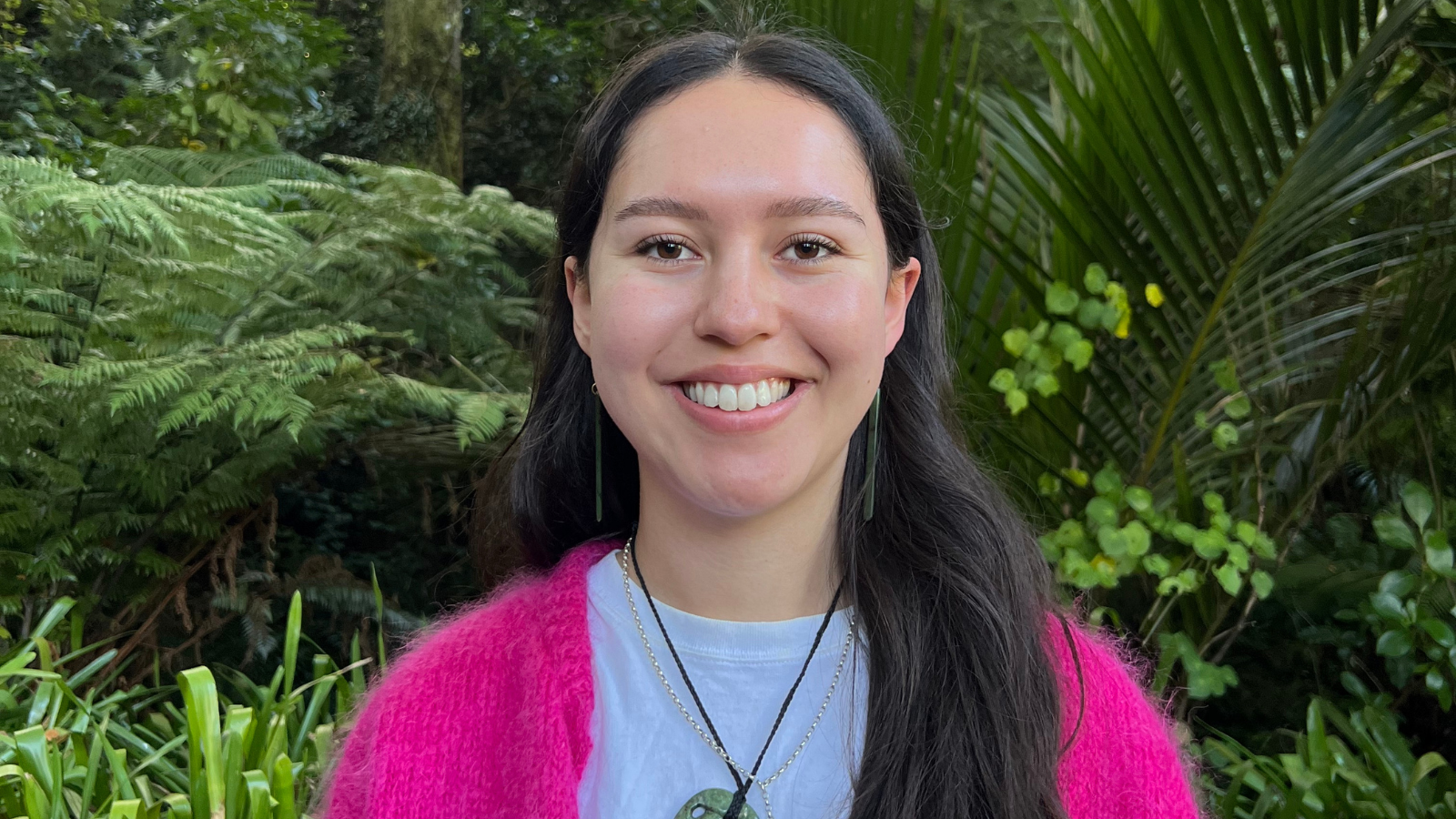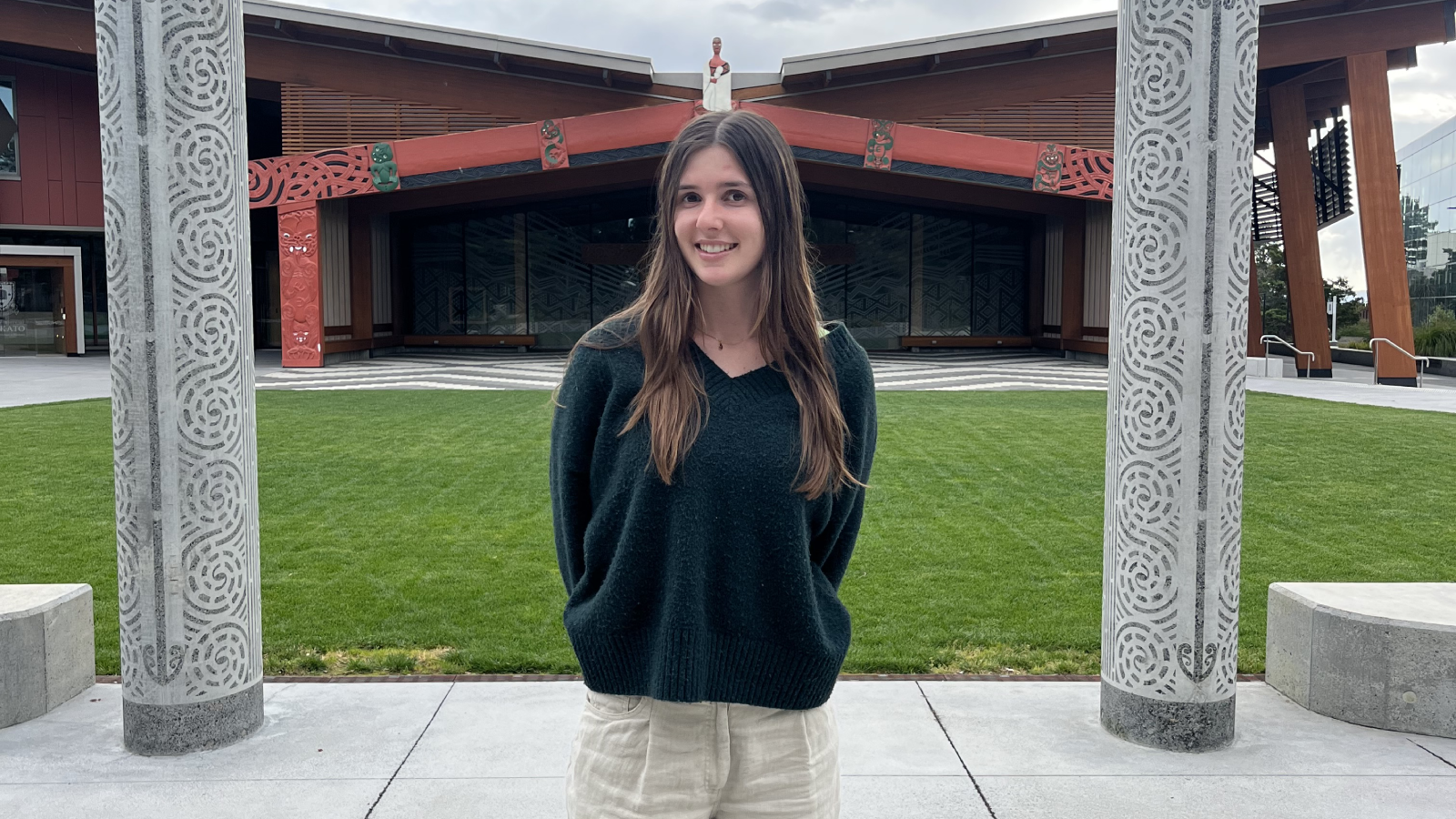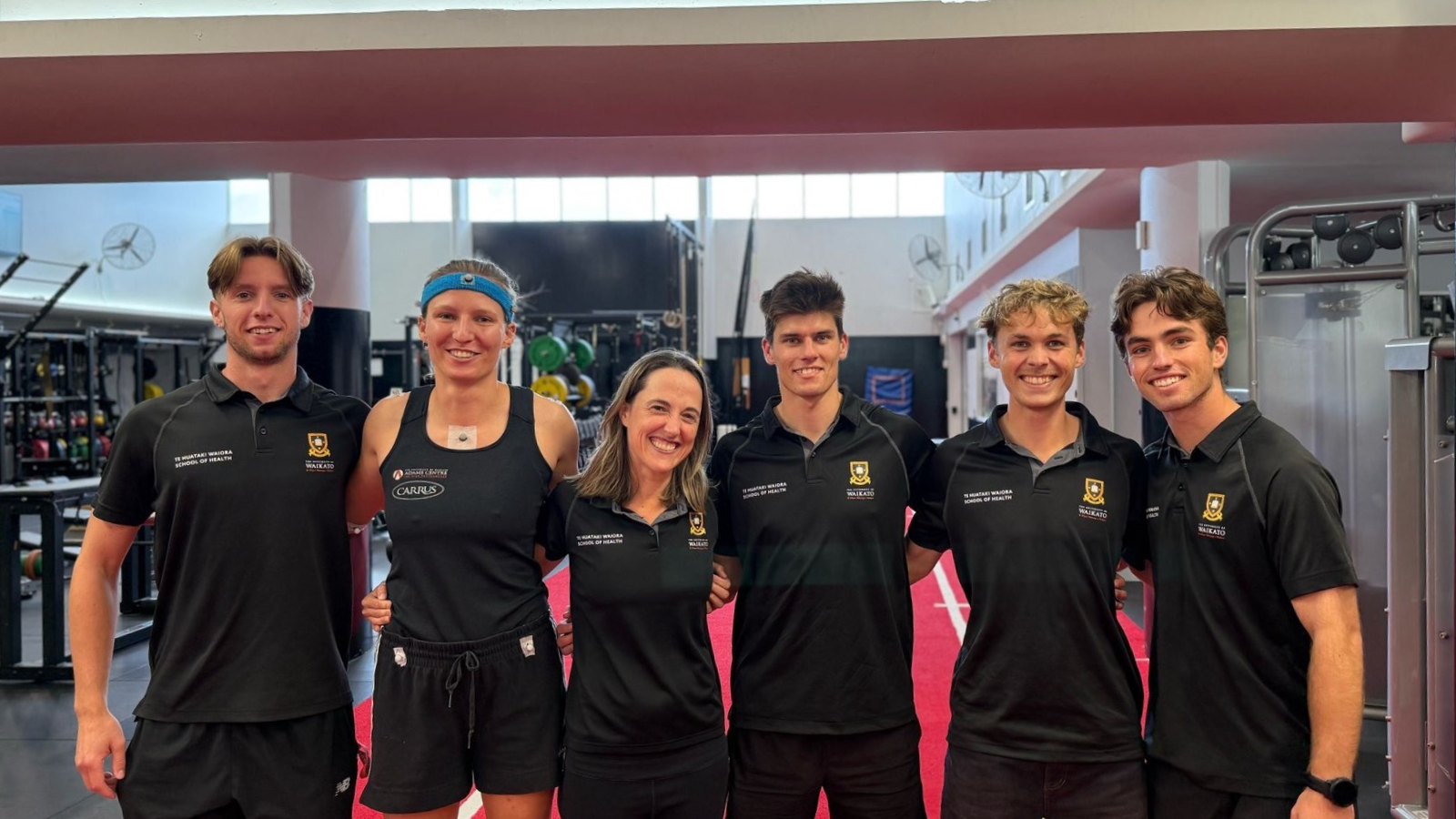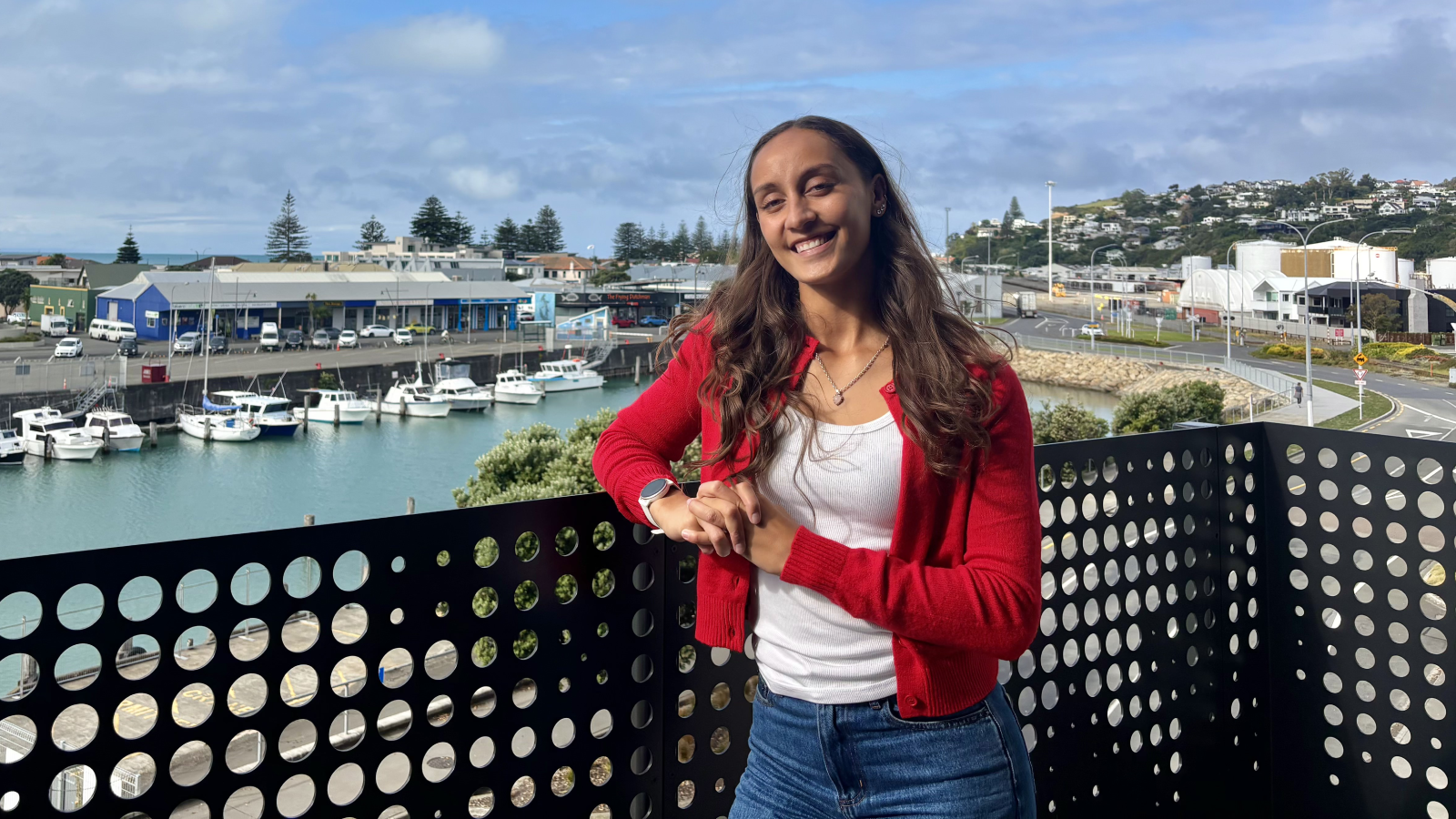
University Pro-Chancellor Susan Hassall with Paul Hunt and Vice-Chancellor Professor Neil Quigley.
Paul is a human rights lawyer, a former University of Waikato senior lecturer, and has held a variety of senior UN human rights appointments.
An Honorary Doctorate is the most prestigious award the University of Waikato can bestow, recognising those who have made exemplary contributions to the University, the Waikato region, and the wider New Zealand community.
Vice-Chancellor Professor Neil Quigley says Paul is a very worthy recipient of an Honorary Doctorate. “During his distinguished career in human rights Paul has contributed time, expertise and passion to fighting discrimination and ensuring equal rights for all. The University is proud to award him an honorary doctorate in recognition of his work in human rights over many years.”
Compelled early in life to fight for social justice
Paul, who is a dual New Zealand and British national, says he felt a conviction from an early age to contribute to social justice.
He did as any aspiring change-maker might, taking himself off to university to study law and “do all the things the establishment might do,” with a long-term plan to “jump ship and challenge the status quo.”
In 1982, a couple years after graduating from Cambridge University with a law degree, Paul started work as a civil and criminal litigation solicitor, and assistant to senior partner Sir David Napley, at Kingsley Napley in London.
After three years in the thick of litigation, Paul was walking in Covent Garden during a lunch break and happened upon a flier advertising Quaker Peace and Service (now Quaker Peace and Social Witness) and its human rights work in Israel/Palestine. The human rights position was one part of a Quaker programme which reached out to Israelis and Palestinians.
“My mind was made up then and there. Sir David was deeply puzzled but accepting,” Paul says. “This was the Cold War era, the nuclear arms race, Thatcher was in power, and global injustice and inequality abounded. I was deeply uncomfortable with it all, so human rights law appealed.”
From 1985 to 1987 he lived in the West Bank and Gaza Strip, researching the Israeli Military Courts. Back in the UK he worked on an inter-denominational project on human rights in Britain and Ireland, before being appointed Associate Director of the African Centre for Democracy and Human Rights Studies in Gambia.
His work in Africa was the catalyst for his focus on economic, social and cultural rights. “Here it was that poverty was affecting so many lives – it was at the core of so many issues - so I made a conscious decision to pursue work that would have an impact in this area.”
From Gambia to Waikato and the United Nations
Paul moved with his Kiwi wife, renowned historian Professor Joan Taylor, to New Zealand in 1992. He had a job lined up as senior lecturer in the new law school at the University of Waikato, under founding Dean Emeritus Professor Margaret Wilson.
“Margaret took a punt on me for that role – at that point in my career I wasn’t an academic by any means, but she must have seen something and I’m very grateful that she did,” Paul says. He went on to complete a Masters of Jurisprudence with First Class Honours in between lecturing in national and international public law, and his thesis Reclaiming Social Rights: International and Comparative Perspectives was published in 1996.
Paul says it was Professor Wilson who encouraged him into human rights work with the UN after they co-edited a book together on cultural rights in the South Pacific.
He went on to hold several senior UN human rights appointments, including Rapporteur to the United Nations Committee on Economic, Social and Cultural Rights from 1999-2002, and the first Special Rapporteur on the right to the highest standard of health where he reported to the UN on a range of health issues in countries around the world. He later contributed human rights expertise to the World Health Organisation as Senior Human Rights Advisor to the Assistant Director General.
In October 2018 Paul was appointed Chief Human Rights Commissioner at the New Zealand Human Rights Commission, a role he has held since January 2019.



